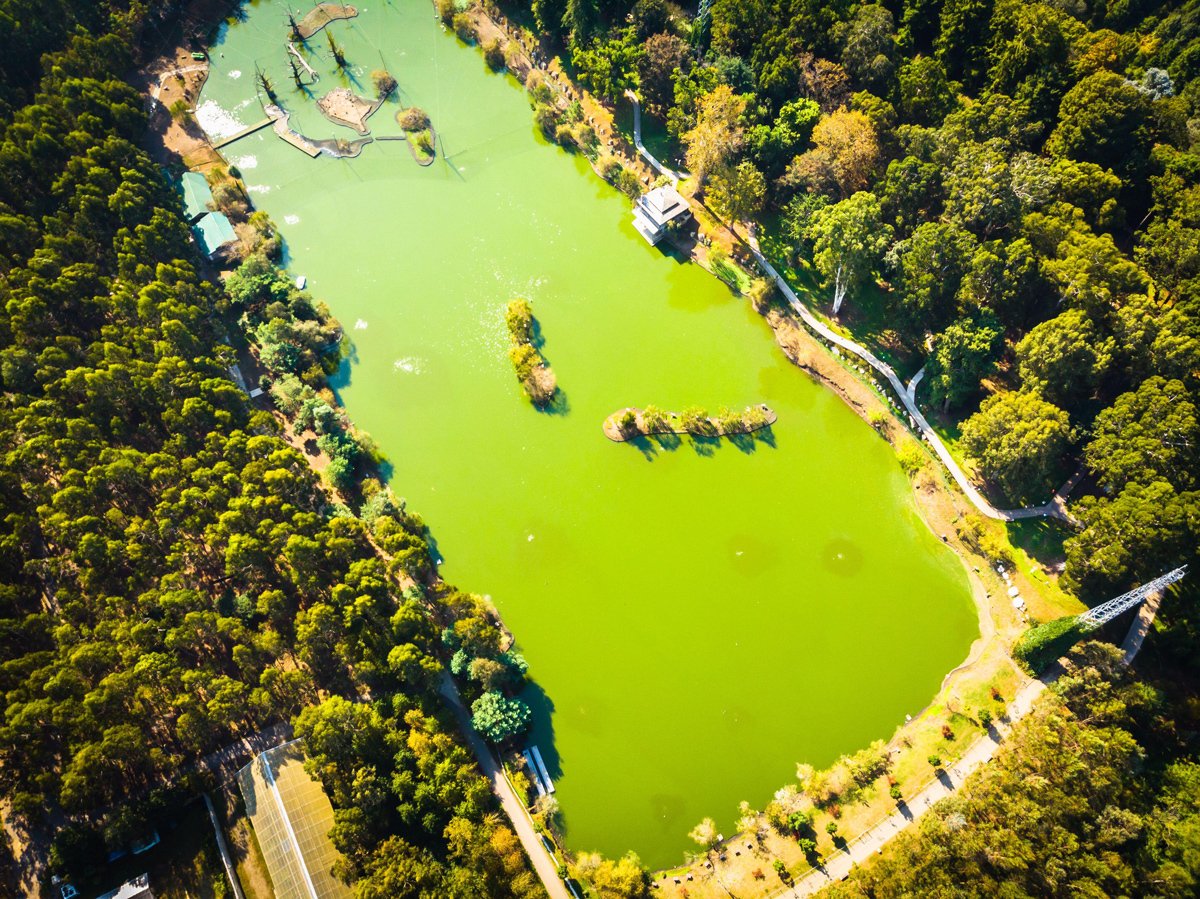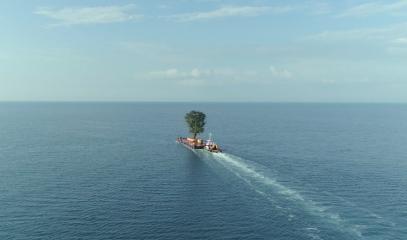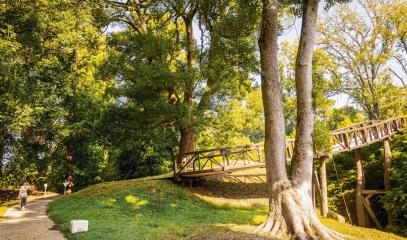The oligarch-gardener and Tbilisi's ‘exotic’ opposition clash between Moscow and Brussels
Political clash heats up in Georgia in the run-up to the October parliamentary elections. The opposition is looking to Europe, while the ruling leadership is aiming for control of the country (and a new balancing act between Russia and the EU, on the Hungarian model). In the background is Ivanišvili's role between the public sphere and private interests.
Moscow (AsiaNews) - The political clash in Georgia ahead of next October's parliamentary elections is taking on increasingly radical dimensions, leading the country towards a transformation whose dimensions and directions are difficult to predict.
The main opposition group of the National Movement, founded by ex-President Mikhail Saakašvili, who has been in prison for more than three years, intends to take Georgia to Europe, while the ruling Georgian Dream party, on the word of its founder and honorary president Bidzina Ivanišvili wants to obtain a ‘constitutional majority’ that would allow him to outlaw his opponents, who are accused of wanting to subvert the state order, which would then remain a ‘one-party democratic’ regime, as Prime Minister Iraklij Kobakhidze has also stated.
Ivanišvili has controlled Georgian politics for more than a decade, having ousted his opponent Saakašvili for opposing Russia in the conflict over Abkhazia and South Ossetia.
With his electoral victory, he intends to include the principle of territorial integrity in the new constitution, adjusting it to the autonomy of the pro-Russian republics, and thus bringing Georgia back to a condition agreeable to the Kremlin.
The direction towards European integration would also remain, but in an interpretation opposite to that of Ukraine and more like that of Hungary, as a form of ‘mediation’ between Russia and Europe.
In the midst of the raging geopolitical debate, the concerns of the great oligarch-burker seem rather to concern a more private and ‘symbolic’ dimension, that of his great love for nature and in particular for trees. Indeed, it is major news that eight baobabs that Ivanišvili had planted in his fabulous Šekhveteli dendrological park on the shores of the Black Sea, after having transported them with great difficulty from Kenya, have withered away.
The 68-year-old billionaire and ex-premier has often said that he ‘prefers the job of gardener to that of politician’ and, from behind the leaves of trees and bushes, moves the pawns of the national political chessboard.
The park is home to around 60 species of birds and other animals from various continents, and in the 60 hectares it covers, a wide bamboo walkway leads to the central lake, and above all to several hundred giant trees, collected from all over Georgia and abroad: not only oaks, cypresses, cedars and magnolias, but also sequoias and ginkgoes.
Now even this paradise has become the subject of violent debate, because for this ‘whim’ of his, Ivanišvili has built roads and railways to the park, rebuilt power and energy grids with the help of all the law enforcement agencies and administrations, prompting accusations of using state funds for private purposes.
One of the largest trees was brought to Šekhveteli on the ship, as a striking symbol of oligarchic power, and even inspired a documentary by director Salome Džaši, Taming the Garden, released in Germany in 2021 and in competition at the Berlinale.
And now the death of the baobabs is attributed by Ivanišvili precisely to the National Opposition Movement, along with the many media critical of the park, who are said to have organised an ‘ideological war front on the African continent’, haranguing the Kenyan administrations up to the president with complaints and demands, in order to prove the false origin of the baobabs with ‘contrived analyses’ attributing them to Madagascar. So much precious time was lost in the bureaucracy, preventing proper care of the trees, which eventually withered away.
When ‘the truth won out’, the baobabs were finally sent from Kenya, but it was too late. The oligarch-gardener was nevertheless accused in the international press of ‘bio-piracy’, and of having bribed the Kenyans in order to have his sacred woods, with which he intends to transform the whole of Georgia into a park of his own, with roots stretching from Russia to Africa, making the Caucasus the new centre of the world.
09/05/2024 09:49
02/01/2024 10:00
09/02/2024 10:07
04/10/2021 11:39
10/01/2023 10:18









.png)










